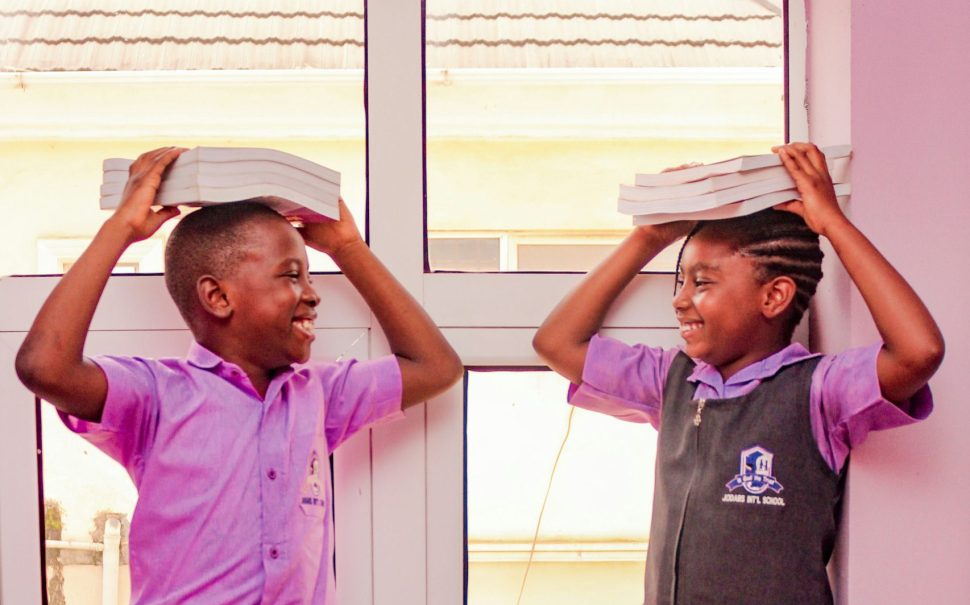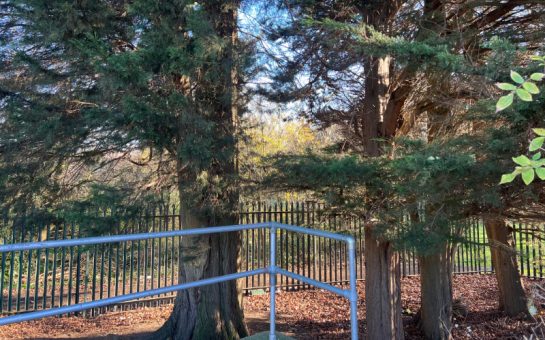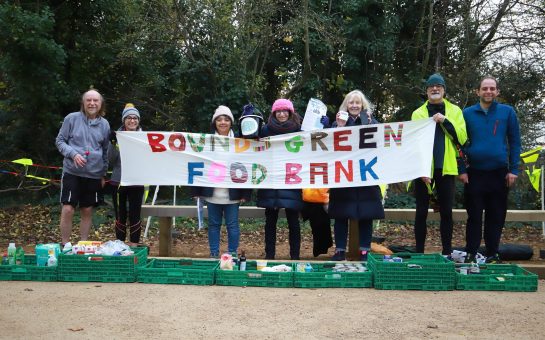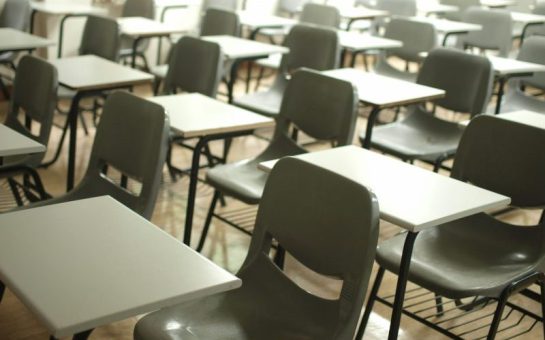Ealing has the most top-rated secondary schools in London, with 11 out of 18 ranked ‘Outstanding’ by England’s schools watchdog, Ofsted.
Southwark and Barnet are not far behind, latest data from the watchdog shows, while boroughs with the fewest schools ranked ‘Outstanding’ include Camden, Enfield, Bexley and Redbridge.
North west London’s schools tended to do better, while the north east of the capital saw lower ‘outstanding’ numbers.
The success of secondary schools in Ealing is achieved by sharing insights between schools and supporting recruitment processes, according to councillor Josh Blacker, cabinet member for a fairer start.
He said: “Ealing Council maintains regular contact with every secondary school, which includes a programme of visits focused on self-evaluation, improvement and gathering feedback from young people.”
Kensington & Chelsea, Lambeth and Hillingdon have the most schools ranked at ‘Needs improvement’ and ‘Inadequate’.
Councils run the majority of secondary schools in London. However, since 2000, many local authority schools have become academies.
Academies were the brainchild of Tony Blair, introduced in 2000 to take over failing local authority schools.
In 2010, only 1% of schools in England were academies but now, they account for nearly half of all schools in England.
Unlike schools run by local authorities, academies receive funding directly from the government and are free to shape their school curriculum.
They are managed by non-profit trusts, which may be sponsored by individuals, faith groups or universities.
In London, the most successful academy trust is the Harris Federation, a charity founded by former carpet business mogul Baron Harris of Peckham.
More than half of the academies under the Harris Federation were ranked ‘Outstanding’ according to the latest Ofsted data.
But what’s the secret behind their success?
James Handscombe, Executive Principal of Harris Westminster Sixth Form and Harris Clapham Sixth Form, explained that the focus on discipline sets Harris schools apart.
He said: “We hold strictly to rules. We have high expectations.”
Many headteachers consider playground fights the norm, but principals at Harris schools take an attitude of “not on my watch”, according to Handscombe.
He said: “They go and stand in the middle of the playground and when there’s a fight, they take the people fighting, and they sit them outside the principal’s office.”
Then follows a conversation with the pupil, a possible sanction and a meeting with the parents.
It’s a laborious process. Handscombe explained that on the first day, you may discipline 20 pupils, two weeks later, one pupil, until there’s a breakthrough.
He added: “By the time you’ve been disciplining fighting for six months, you’re standing in the playground joking with the kids.”
Radical transformations occur outside the playground, too.
In 2013, Harris Academy Battersea was one of the worst schools in Britain.
In just five years, it rose from “Inadequate” to “Outstanding”, a standard it has maintained into 2023, the date of its latest inspections.
Headteacher Charlie Comerford said: “The school serves a very sort of challenging wider area despite being on the doorstep of some of London’s most affluent areas as well.”
He explained that more than half of the families whose children attend Harris Academy Battersea have a household income below £10,000 a year.
Comerford added: “For me, a key focus is being a safe space for young people and cultivating a consistent positive regard in all things.”
That involves, for example, greeting pupils at the gate every morning.
The data set is the last of its kind as Ofsted moves to scrap its inspection model, including the controversial ‘overall effectiveness’ score which ranked schools from 1 (“Outstanding”) to 4 (“Inadequate”).
The single word ratings have come under fire since the death by suicide of headteacher Ruth Perry which a coroner report found was linked to the Ofsted ranking of her school.
New inspections are set to begin in November and introduce a new ‘report card’ for more ‘detailed’ information on school standards.
Regardless of Ofsted inspection ratings, Executive Principal James Handscombe is determined to deliver for London’s children.
He added: “We are here to provide the best education we possibly can in the world in which we live.”





Join the discussion